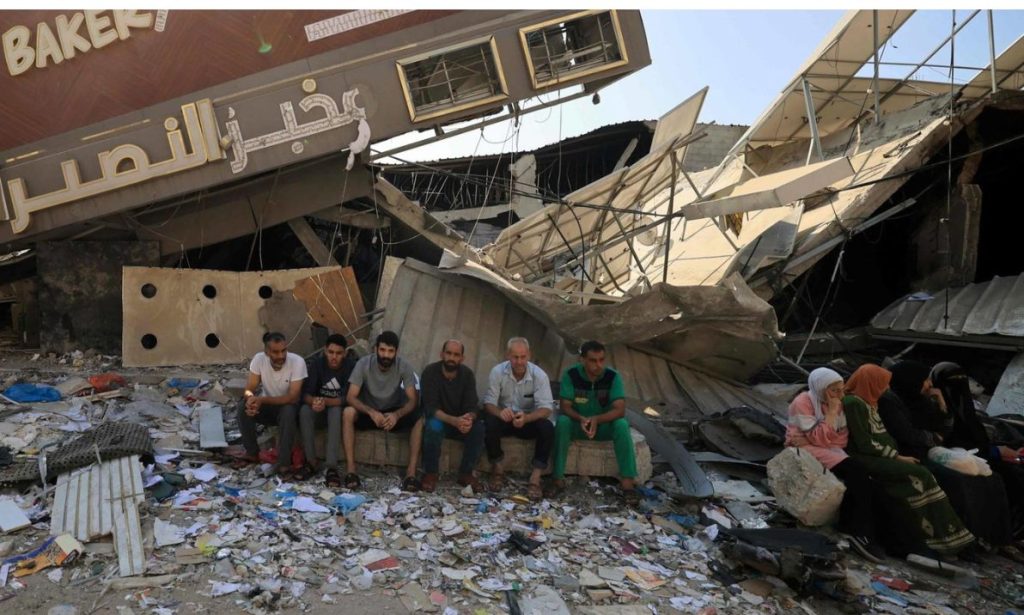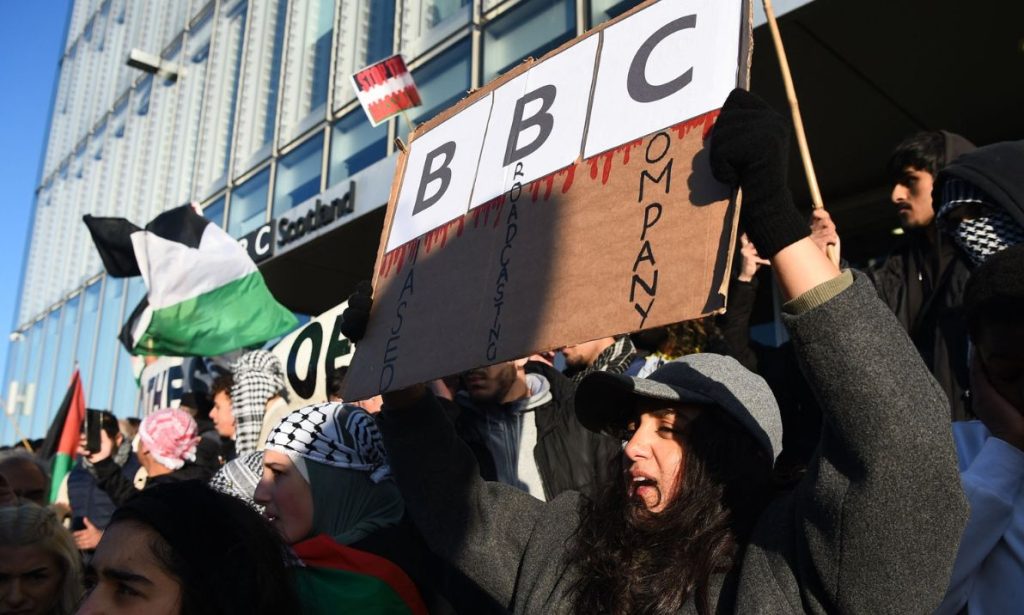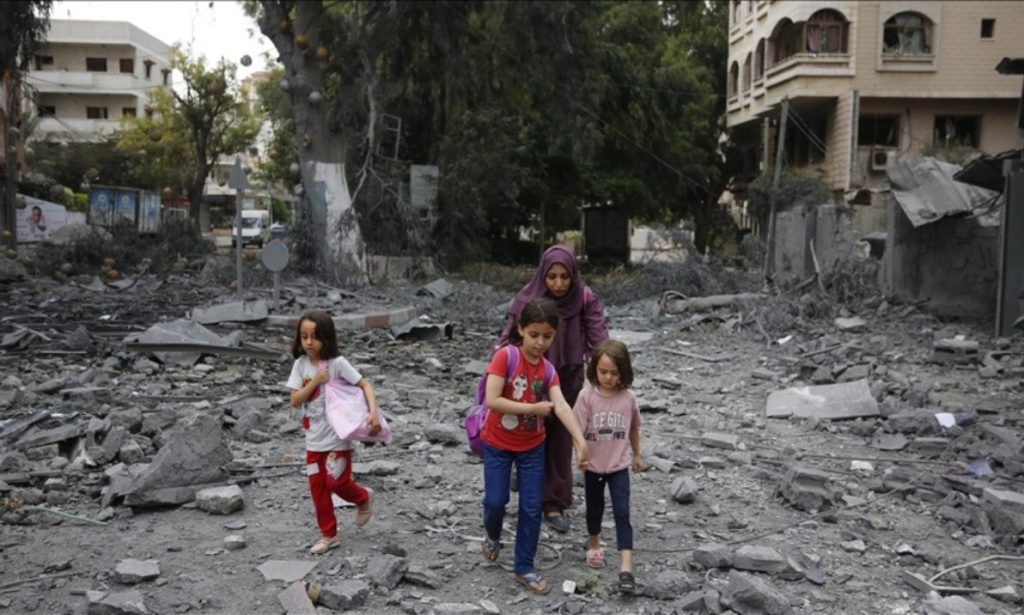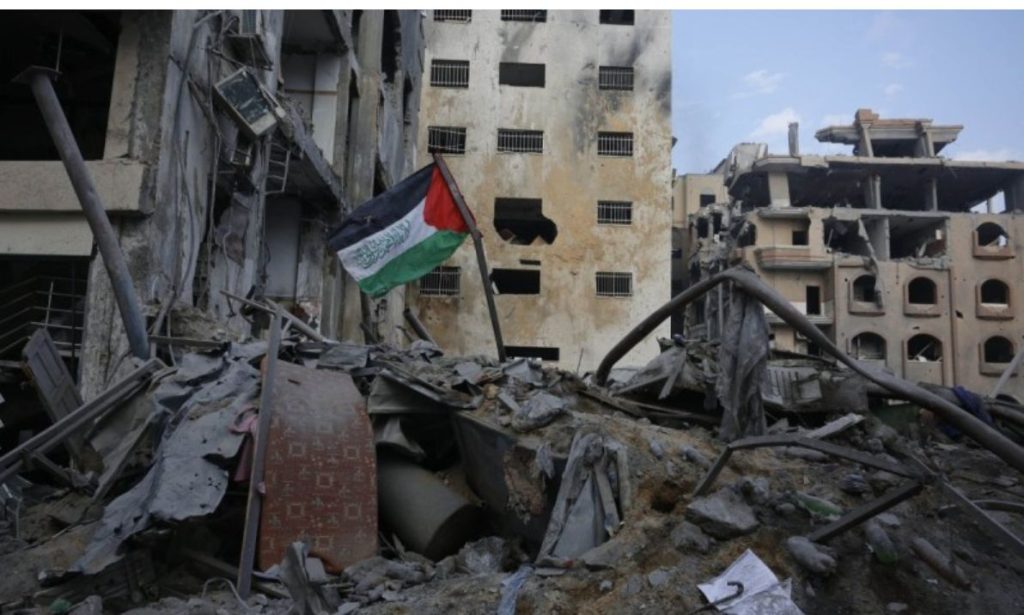As Malcolm X famously said: “If you aren’t careful, the newspapers will have you hating the people who are being oppressed and loving the people who are doing the oppressing.”
The contemporary Slovenian philosopher Slavoj Zizek in his latest speech in commenting on the Palestinian crisis. He made what he called a ‘beautiful’ remark that mocks the dangerous relationship of media and language:
“It is just Hamas versus Israel, I am sorry, but you have to include in the situation millions of Palestinians.”
The current escalations in Palestine, with the whole world giving it the undivided attention, begs the use of a critical eye to reveal the truth behind news pushed by different newspapers all over the world. One word can make a huge difference. One word can be lethal just like an atomic bomb.
Let’s dwell for example on the two of the major events that took place since 7 October, skimming through headlines from prestigious newspapers.

Headlines From The Hamas Attack on Israel on 7 October
The Telegraph: Hamas terrorists butcher civilians as stunned Israel suffers ‘9/11’ moment.
The New York Times: Slaughter at a Festival of Peace and Love Leaves Israel Transformed
CNN: Desert horror: Music festival goers heard rockets, then Gaza militants fired on them and took hostages.
NY Post: Horrifying images reveal Hamas massacre at rave, where Israeli officers acted as human shields to protect civilians.
Washington Post: How a trance music festival in Israel turned into a massacre
Headlines From Baptist Bombing:
CNN: Hundreds likely dead in Gaza hospital blast, as Israeli blockade cripples’ medical response
NYT: Wednesday Briefing: Blast Kills Hundreds at a Gaza Hospital
Guardian: ‘They believed it was safe’: death toll rising after blast at Gaza hospital
CNN: The devastating Gaza hospital blast is shrouded in uncertainty. Here’s what we know, and what we don’t
Telegraph: The Telegraph Islamic Jihad responsible for Gaza hospital attack, says IDF
Al Jazeera: Israel-Hamas war updates: Hundreds killed in Gaza hospital ‘massacre’


The bombing of the Baptist on 18 October was horrific, and striking Israelis on 7 October is obviously terrible, but the above headlines show a great contrast between how each news was perceived by media.
The Hamas attack was a ‘slaughter’, ‘massacre’, full of ‘horror’. However, the tone of voice shifts in the headlines of Baptist bombing not only is it watered down, but it is also even scrutinized. At the Baptist hospital bombing that martyred more than 500 people, there were ‘killings’, a ‘blast, a Jihad Islamist group but no reference to defining it as a ‘massacre’.
One important remark, which Zizek dwelled on previously is coupling Israel with Hamas in most of the news outlets, which by its effect is eradicating the individuality of 2 million Palestinian, seven decades of resistance. Using the word ‘Hamas’ implies terrorism, aggression, a bunch of masked men speaking in intimidating Arabic, targeting innocent Israeli civilians. Furthermore, it legitimizes what Israel is doing to the people in Gaza right now.


Comes second to this is the mislabeling of what is a blatant ‘genocide’ and systematic ‘ethnic cleansing’ in Gaza, as a “war” which assumes both parties are on equal ground. This brings about terms like “disputed territories” versus “occupied territories”, “security fence” versus “apartheid wall,” “neighborhood” and “settlement,” or “militant,” “freedom fighter,” and “terrorist”. Each pair is used to refer to the same entity but causes a huge break in meaning.
The language of Israel officials like Benjamin Netanyahu who collectively called Hamas group “barbaric terrorists” and the minister of defense Yoav Gallant who said Israel is fighting ‘human animals’ is clearly dehumanizing. This is no longer about the myth of establishing neutrality in journalism, it is about a bias that is rooted in eurocentrism.
WE SAID THIS: Don’t Miss…Interviewing Academicians: The Role of Decolonization Studies In Palestine Resistance



